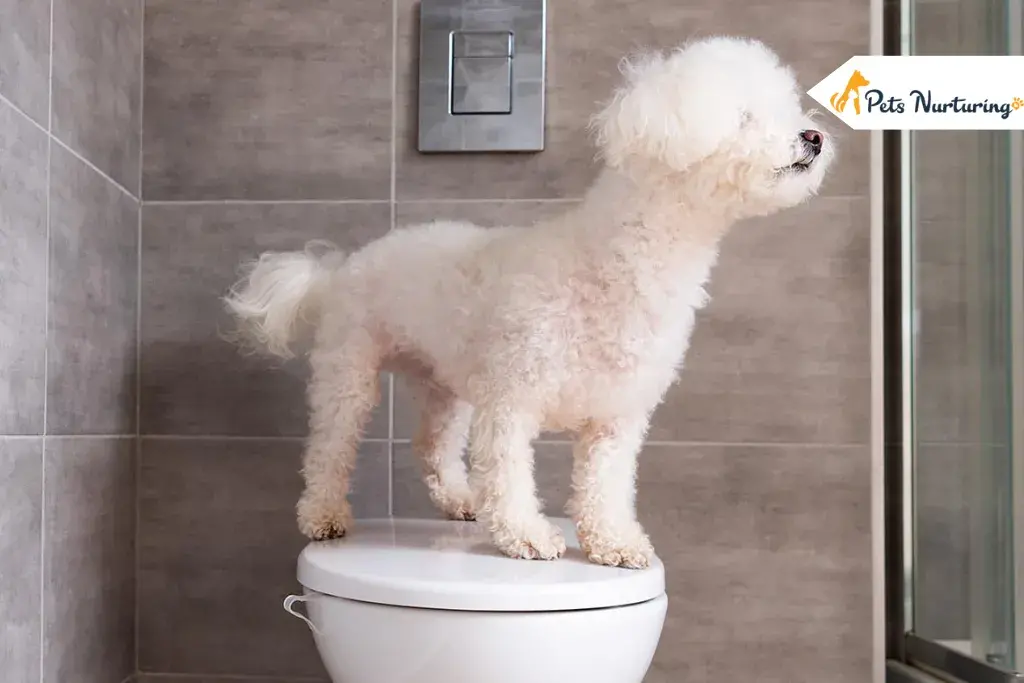
Becoming a new dog parent comes with many responsibilities, and managing your dog’s daily routine, including bathroom breaks, is crucial for their health and happiness. If you’ve ever worried about leaving your dog alone for long hours or wondered how long they can safely hold their pee, you’re not alone.
Many busy pet owners face this concern, especially when work or travel disrupts their schedules. Understanding your dog’s bathroom needs can help prevent health issues and ensure they stay comfortable. In this guide, we’ll answer how long dogs can hold their pee, what factors affect their bathroom habits, and when it’s time to call the vet, so you can confidently care for your furry friend
How Long Can Dogs Hold Their Pee?
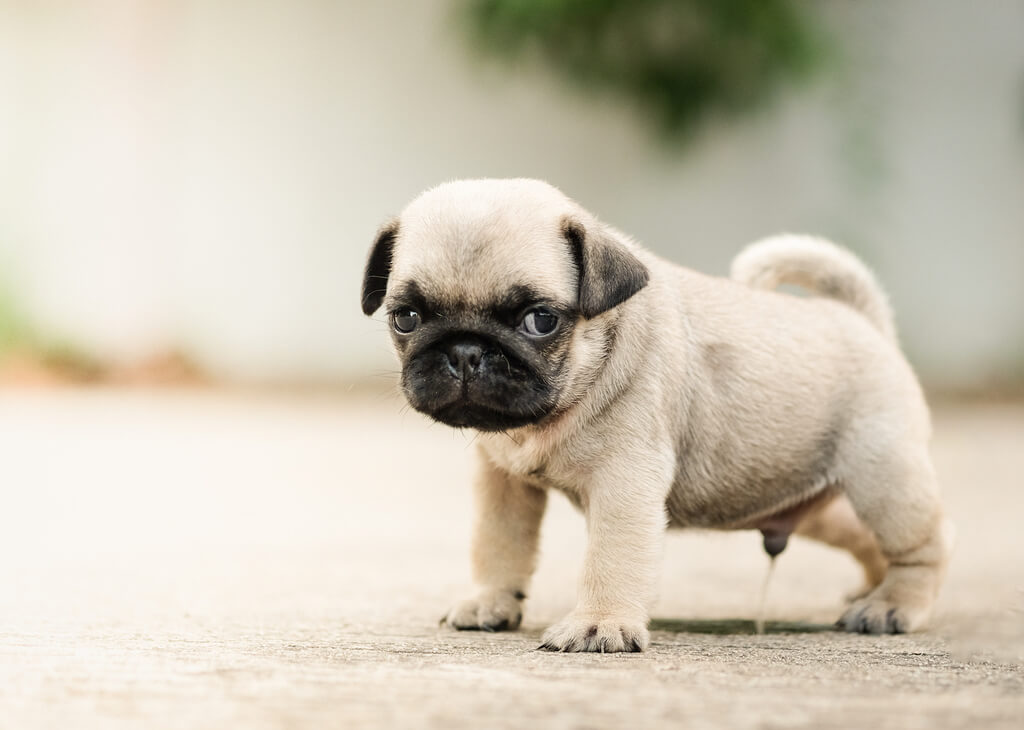
The common fact for the potty schedule for the dogs is that any adult dog should go outside and potty at least three times a day and most five times a day. According to the vet, it’s not healthy for your canine to go more than 6 to 8 hours between toilet breaks.
However, this thing is quite general and only applies to a few, not all! Maybe this doesn’t work for your dog. That’s why it’s vital for you to carefully observe your puppy so that you can make the schedule and work hours according to that. This will let you know how long can a puppy hold its pee and give them enough time to hold their pee, and they’ll remain comfortable.
So, exactly how long can puppies hold their pee?
This actually depends on a few factors:
- Age
- Size
- Health
- Diet
Now let’s know more about these factors in detail.
Factors Affecting How Often Dogs Need to Pee

It is crucial for you to understand the daily bathroom routine of your furry companion. You can also create a specific routine to prevent your pup from holding its pee for too long. This is beneficial for both you and your puppy.
You have to consider a few things:
- The importance of a daily bathroom routine.
- Puppy health issues.
So, again comes the question, How Frequently Does A Dog Need To Pee?
Below are some major factors that are responsible for this. They’re
Age

Age is one of the biggest and most important factors that play an important role in any dog’s ability to hold pee or not hold pee for a long time. This applies to all breeds. In simple words, puppies and adolescent dogs are less able to hold their pee for a long time than adult dogs.
Here’s a table for you to understand how age affects potty and peeing issues:
| Dog’s age | How long can dogs hold their pee |
|---|---|
| Under 1 month | 0 Hours (They can’t!) |
| 3 months | 3 hours |
| Adult dog | Up to 12 hours |
| Senior dogs | 3 or 4 hours |
Size

Another factor that affects the bathroom routine of your pup is their size. This factor majorly depends on the dog’s breed. For example, small and toy breeds have small bladders, which means they can hold their pee for only a short time.
Here’s the table which shows how the size of the dog affects a dog’s ability t hold its pee for a specific time:
| Dog’s weight | How long can dogs hold their pee |
|---|---|
| Under 10lbs | 1-3 hours |
| 11lbs – 30lbs | 2-4 hours |
| 40lb-60lbs | 4-8 hours |
| Over 60lbs | 6-12 hours |
Health
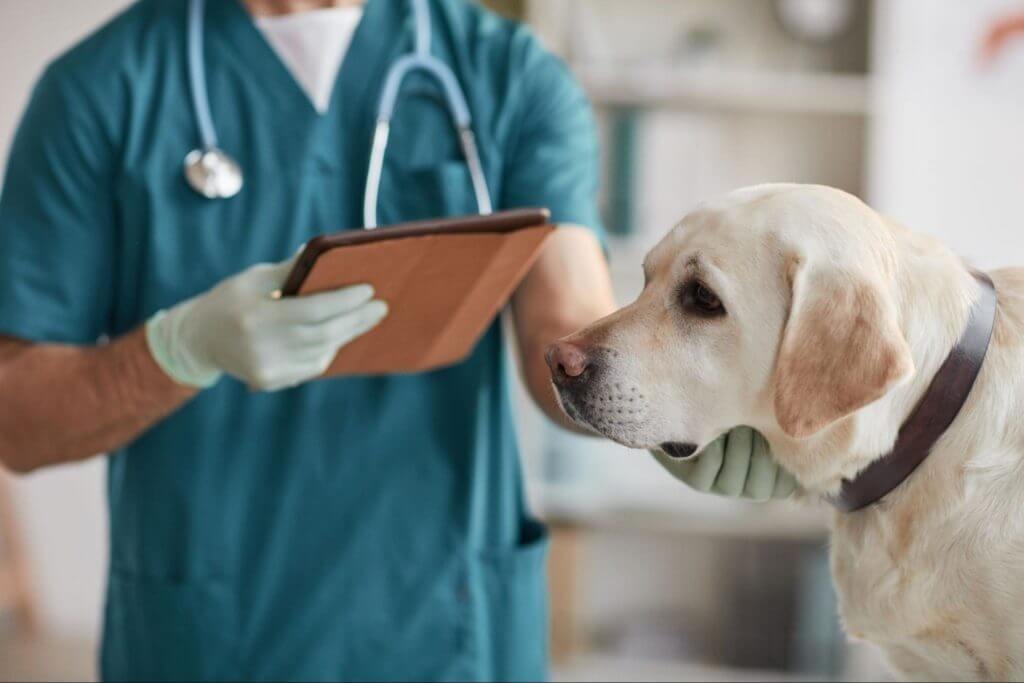
Does your dog suffer from any health issues? Is your pup on medication?
Yes, medical conditions are another common reason why your pup isn’t able to hold its pee for a long time. So, consult a vet and see whether your dog is suffering from any of the below mentioned health issues:
- Urinary Tract Infection
- Kidney Failure
- Muscle weakening
- Inflammation
- Liver disease
- Tumor
- Mobility issues
- Diabetes
- Obesity
- Addison Disease
- Electrolyte imbalance
- Medication side effects
- Cystitis (urinary tract infections)
- Polyuria
- Pollakiuria
- Bladder stones
- Cushing Disease
- Other hormonal disorders
- Heart medication.
- Psychological or behavioral problems
Diet
To get the right answer on how long can dogs hold their pee, you have to look into the dog’s food and water consumption. Yes, their diet is another common factor that affects their behavior.
Food with a high water percentage or amount of water your pet drinks will obviously make your dog pee more often than usual. For example, after playing on the ground on a hot day, your pup will drink lots of water to keep himself cool, which is why they’ll pee more than on regular days.
Foods with high water content are wet foods; a raw diet, fruits, vegetables, broth, and stock make your dog pee more often as compared to dry foods.
Signs Your Dog Has To Pee
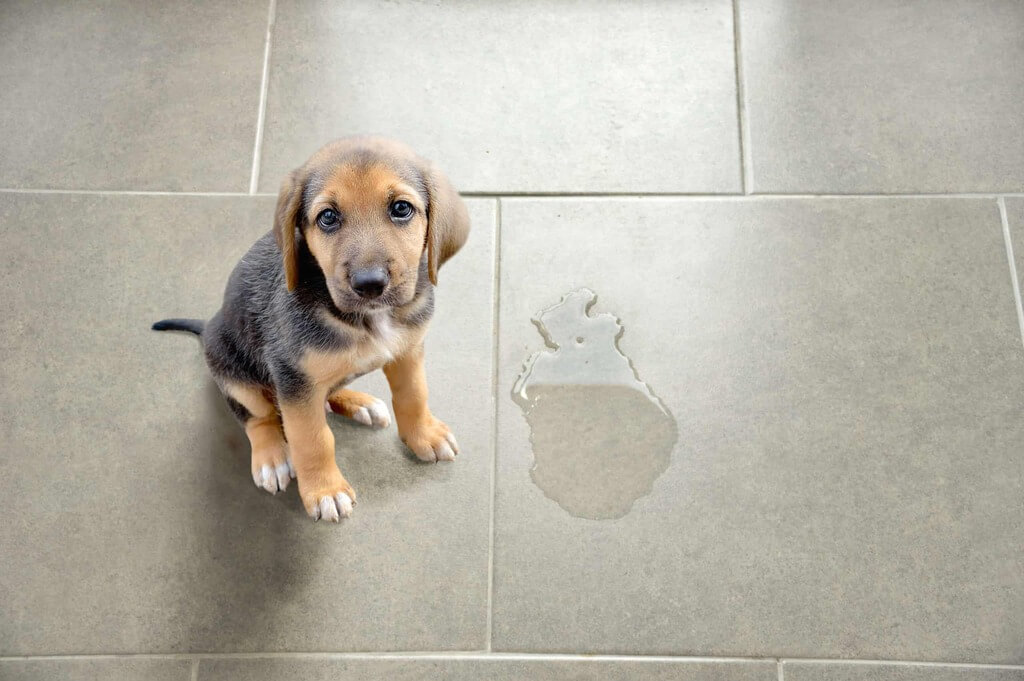
So, how to know when your dog has to pee?
This is an important thing that any dog owner should know. Most of the time, dogs start to show these signs when their bladder is about ¾ full. This is the exact time when you should stop whatever you’re doing and take your dog outside for potty or peeing.
Here are some common signals that a dogs show when he needs to pee:
- Whining
- Walking in circles
- Restlessness
- Staring at you
- Standing near the main door
- Barking
- Running between people
- Sniffing the ground
- Disappearing or hiding
- Coming to get your attention
- Butt licking
- Pawing at the door
- Returning to a previously soiled area
Types of Peeing in Dogs
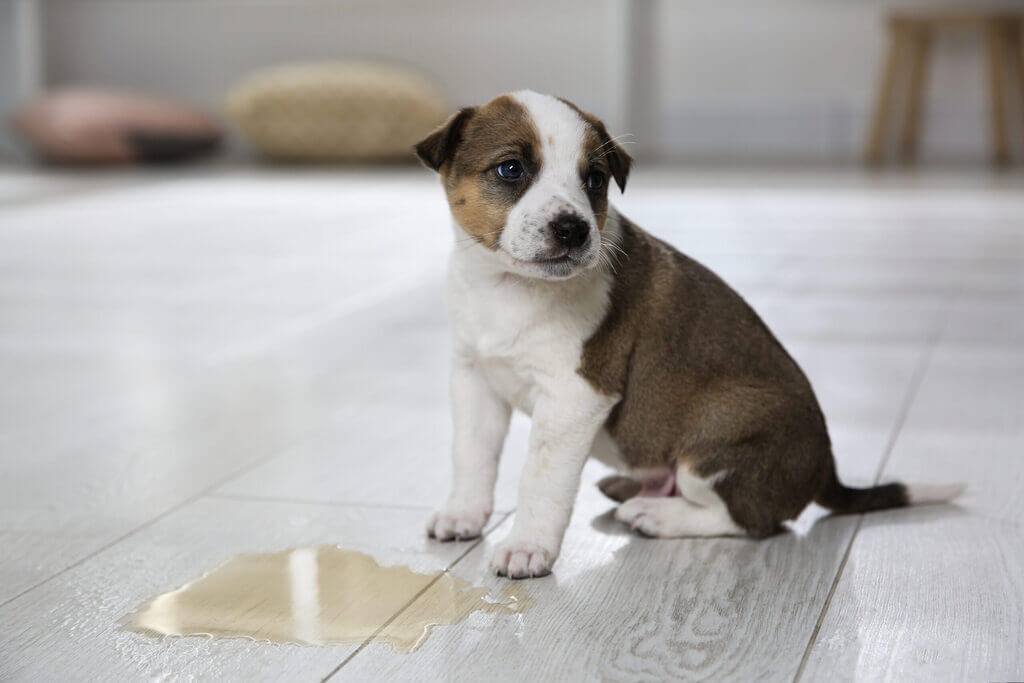
After reading till here, you know how long puppies can hold their pee. Apart from this, you also have to understand why your dog isn’t able to hold its pee. To know that first, you need to know the type of urination that is occurring.
Here are some common types of peeing in dogs:
- Excitement Peeing
- Marking
- Submission
- Attention Seeking
When Should I Call the Vet?
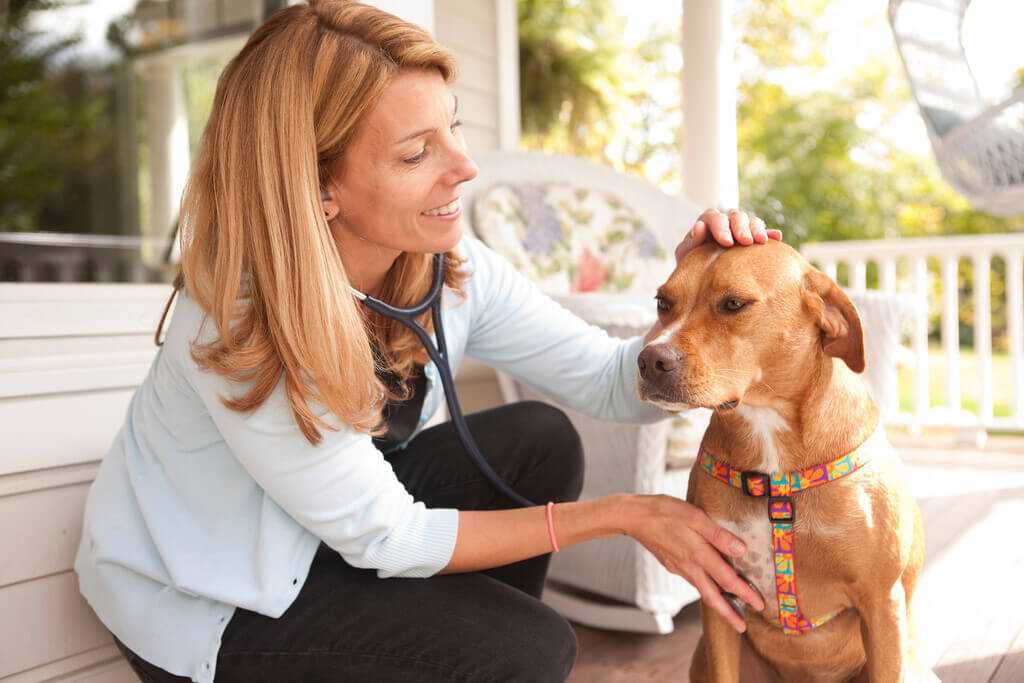
Most of the time, frequent urination in dogs isn’t always an underlying symptom of serious health issues. Sometimes your dog has to drink water or eat food that contains too much water, or other factors like age, size, and weight affects their bathroom routine.
But still, some dogs can have serious health problems, which you can notice by these warning signs:
- Crying, straining, and feeling discomfort while peeing.
- The color of urine changes into dark or red.
- A sudden increase in the number of times your pup needs to go outside to pee.
If you feel your beloved pet is suffering from any of the above symptoms or has these signs, you should immediately contact a vet.
Final Thoughts
So this is all about how long can dogs hold their pee. Remember that every dog is unique and different, and that’s why their bathroom needs and routines can be different from others. This potty training and issues also depend on several other factors, such as exercise, training, and mental stimulation.
You can either create a schedule by yourself or take help from a vet or dog boarding place. I hope this in-depth guide on how long can puppies hold their pee has helped you to understand how often do dogs need to pee and when to see a vet about a dog’s potty issues. So, if you find this article informative and helpful, please share it with your family and friends struggling with the same issues.
Discover more :











